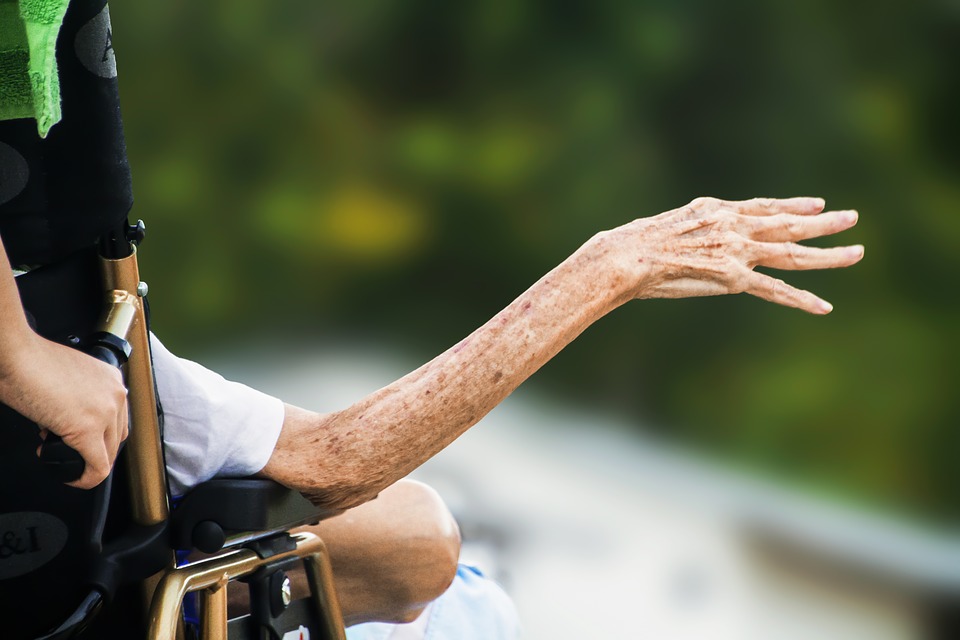Among the hundreds of patients you care for every year, some of those patients may be elderly individuals with a medical emergency or injury. It would be a mistake to assume that these patients are just like any other patient, as there may be many age-related issues to consider when providing them with pre-hospital care. As a medical flight paramedic, you need to be equipped with the necessary information to care for and safely transport geriatric patients facing a medical emergency or injury.
Caring for and Transporting Elderly Patients in a Medical Flight
Take a look at some of these tips to help you care for and safely transport a geriatric patient:
- Consider age-related changes in bodily functions – As we grow older, the function of the different organs in our body declines. This means there’s a change in the way our body responses to illnesses and injuries. For instance, there is a much lower capacity to compensate for shock, the bones can break much more easily, and the skin can face a more extensive damage from lacerations and burns. Additionally, head injuries can be much more lethal for elderly patients. All of these and more means that even a simple injury or complaint could have a huge impact on geriatric patients.
- Consider medication-related complaints – Many elderly patients may miss their meds or even take them at a wrong dose. Before transporting them on a medical flight, make sure you double-check their medications. In addition to asking them about it, get the prescription bottles and take them with you to provide to the ER. You could even perform a pill count if the dosage is indicated. Make sure you also have sufficient information about the common side effects of certain medications and their interactions with other medications. For instance, a patient taking blood thinners and suffering from a physical injury could be in danger of internal bleeding.


